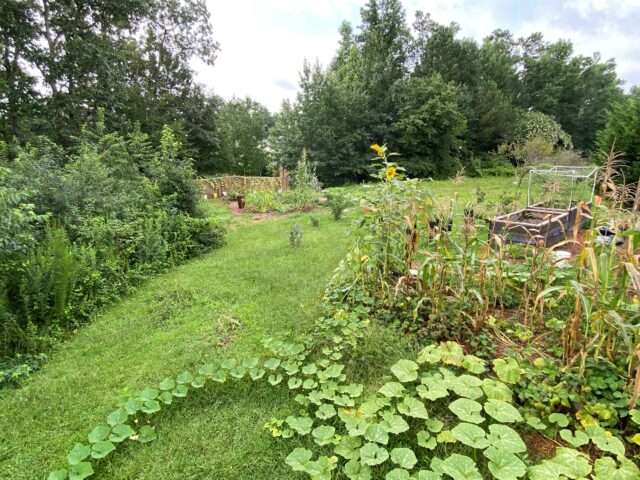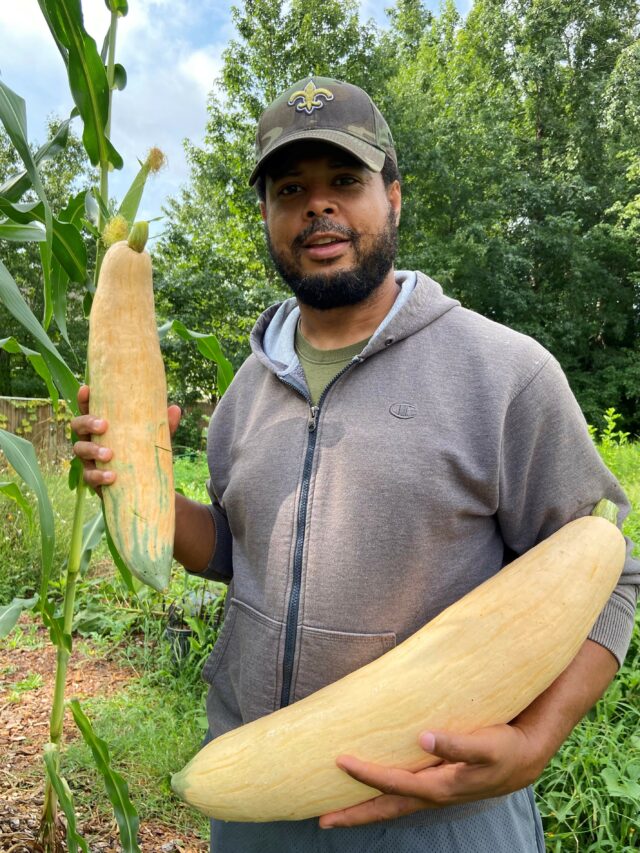My name is Walter Davis III and I grew up in New Orleans, but spent a large part of my childhood visiting my family’s farm in St. Francisville, Louisiana. I’m so fortunate to have had the experience of spending time on my grandmother’s farm, learning to love the land and understanding there is more to the world than the urban environment. But like many Black farm families in the South, my family experienced incredible adversity and trauma, including discrimination by the USDA. Though my family still owns their land, keeping the farm in the family has been incredibly difficult.

My family was constantly denied loans fromthe USDA, and had to work even harder without the capital and government support that some of the bigger, White-owned farms were receiving. We could never afford the best equipment or technology, so we tried everything from ranching to market gardening, and ultimately, we were able to keep the land by finding jobs off the farm.
 Those off-farm jobs that my relatives found were in pulp and paper mills, where the pay was low and the impacts on worker health were tremendous. Employee cancer rates were sky-high, and some people died at very young ages. Our family has been able to retain our land, but at a huge cost.
Those off-farm jobs that my relatives found were in pulp and paper mills, where the pay was low and the impacts on worker health were tremendous. Employee cancer rates were sky-high, and some people died at very young ages. Our family has been able to retain our land, but at a huge cost.
I’m currently continuing my family’s farming legacy through a social enterprise I created in northwest Georgia, about 20 miles west of Atlanta. Our farm, Davis and Daughter Farms, grows microgreens, mushrooms, and vegetables on our micro-urban farm, and we sell Belizean cacao as well. I’ve also begun consulting with other homeowners who want to grow food on their properties.
My farming venture grew out of an after-school gardening club that I started while teaching English to high school students over the last twelve years. I’ve seen firsthand that my students needed a deeper connection with the natural world around them.
My plans are to grow through wholesale market channels, but I want to capitalize my operation through grants instead of loans and debt. I’ve seen what debt being held over your head can do to a farmer. It happened to my family in Louisiana, and so many Black farm families have been dispossessed of their land because of bad loans and direct discrimination by USDA lending. I also have student loans. I’ve already been able to secure a couple of grants to support our new family farming operation, and I’ll continue pursuing more as we expand.
If USDA truly wants to support the next-generation of Black farmers like me, it should expand grants and education initiatives that invest in our operations without putting our farms, families, and legacies on the line.